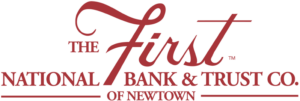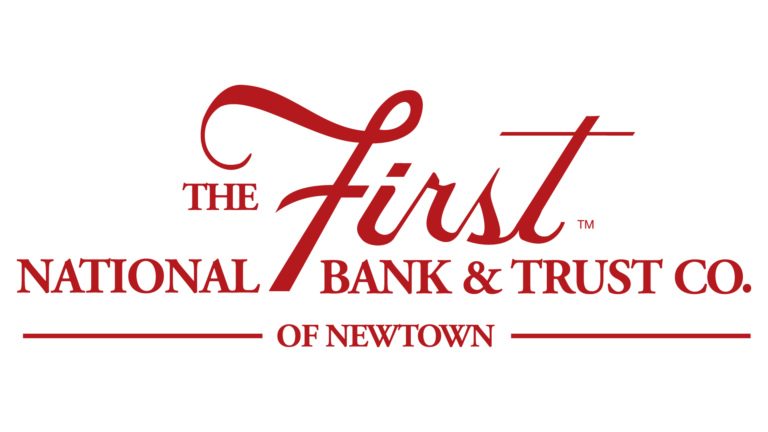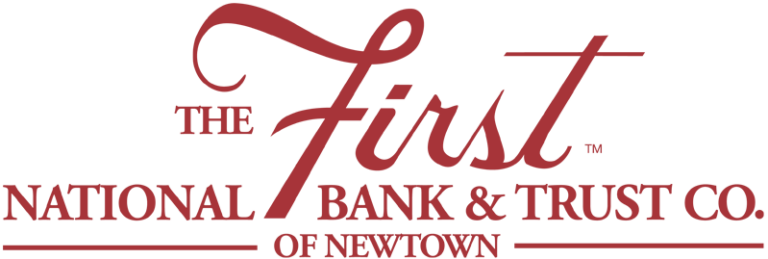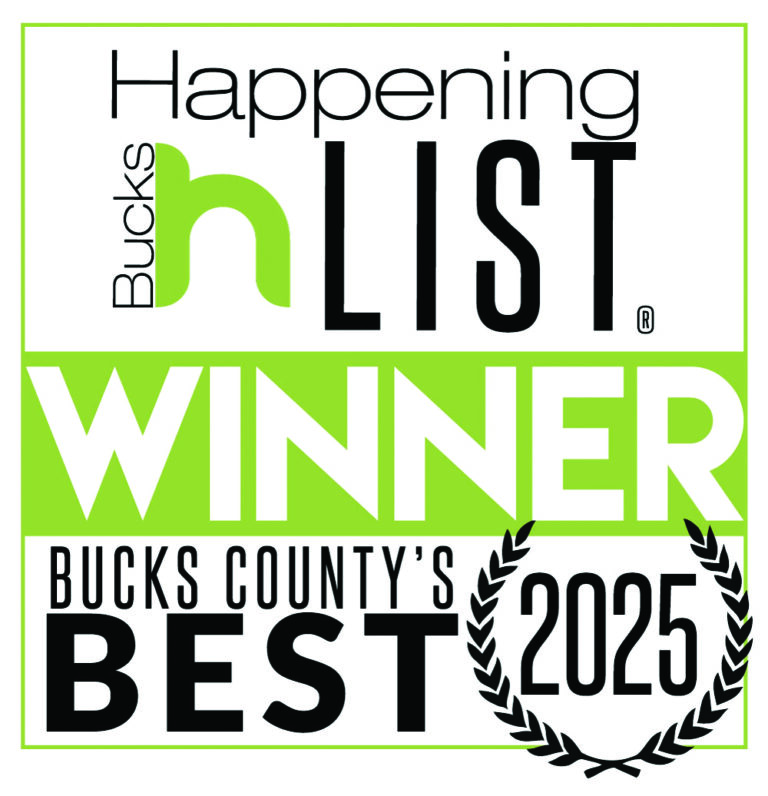Imagine this scenario: You’re expecting a substantial client payment, but it’s delayed, or perhaps a crucial piece of equipment unexpectedly breaks. Suddenly, your business’s checking account balance plummets to dangerously low levels. Does this situation ring a bell? Without a financial cushion, small surprises can become major headaches.
That’s why every business—regardless of industry—needs a financial safety net. And while you might think of safety nets as big investment funds or credit lines, the most reliable and often overlooked tool might just be the simplest one.
A business savings account isn’t just a place to park your extra cash. It separates funds for future needs, emergencies, or specific goals, ensuring your day-to-day operations remain unaffected by sudden expenses. Smart financial planning and discipline are key to business success, and having a dedicated savings account isn’t just about being responsible—it’s a business essential.

But how does a business savings account differ from a checking account, and why should you keep your savings separate? In the next sections, we’ll break down the key differences, explore the benefits of maintaining both types of accounts, and highlight what to look for when opening a business savings account. Plus, we’ll discuss when it’s worth getting expert financial guidance to ensure all of your money is working for you.
Business Checking vs. Business Savings: What’s the Difference?
When it comes to managing business finances, not all accounts are created equal. While both checking and savings accounts serve important roles, they are designed for very different purposes. Understanding how they work—and why your business needs both—can help you build a more organized, strategic financial foundation.
Business Checking Account: The Financial Workhorse
A business checking account is the backbone of daily operations. It’s where money flows in from customer payments and flows out to cover expenses like payroll, rent, utilities, and vendor invoices. Because businesses rely on frequent transactions, these accounts typically allow for larger numbers of deposits and withdrawals, giving you easy access to cash when you need it.

However, convenience comes with trade-offs. Many business checking accounts earn little to no interest, meaning any extra funds sitting in the account aren’t necessarily working for you. While a checking account is essential for day-to-day cash flow, it’s probably not the best place to stash money that isn’t immediately needed.
Business Savings Account: The Financial Safety Net
A business savings account, on the other hand, is designed for stability and future planning rather than daily transactions. It allows businesses to set aside funds for emergencies, taxes, or long-term investments while earning interest on deposits. Additionally, it provides a financial cushion that can help businesses navigate unexpected challenges and maintain operational continuity.
By keeping extra cash in a savings account, businesses can build a financial cushion to cover unexpected costs—whether it’s an urgent equipment repair, a seasonal dip in revenue, or a new investment opportunity. Separating working capital from long-term reserves ensures that savings remain intact and available when truly needed.
Why Having Both Accounts Makes Sense
Many small business owners in Bucks County rely only on a checking account, thinking it’s enough. But having a business savings account alongside your checking account creates a financial safety net that helps you plan ahead and stay stress-free. Here’s why it matters:
- Prevents Accidental Spending: Keeping savings separate reduces the temptation to dip into funds that should be reserved for emergencies or growth.
- Simplifies Tax Planning: With dedicated savings, businesses can set aside money for quarterly tax payments and avoid last-minute scrambles when taxes are due.
- Enhances Financial Stability: A business with both accounts can better manage cash flow while also preparing for future opportunities and challenges.
In short, a business checking account keeps your day-to-day operations running smoothly, while a business savings account builds financial resilience. Together, they create a balanced system that helps your business stay prepared, organized, and ready for whatever comes next.
Common Features of Business Savings Accounts
When choosing the best business savings account, it’s important to know what features matter most. Here’s what to look for:
- Interest Earnings: Put Your Money to Work
A business savings account isn’t just a place to store cash—it helps your money grow. Even a small amount of interest earned is better than letting your funds sit idle in a checking account. - No Withdrawal Restrictions: Flexible Access to Your Funds
At The First, our savings accounts do not have withdrawal limits, except for Money Market Savings accounts. This flexibility allows you to access your funds whenever needed while still encouraging smart saving habits, ensuring your money is available for both planned expenses and unexpected needs.
- Minimum Balance Requirements: The Cost of Entry
Often business savings accounts require a minimum balance to avoid monthly maintenance fees or qualify for higher interest rates. Depending on the bank, this threshold can range from a few hundred to several thousand dollars. - Online and Mobile Banking: Managing Savings with Ease
Most banks offer digital tools that allow business owners to check balances, transfer funds, and track savings goals from anywhere. Whether you’re moving money between accounts or monitoring interest earnings, having 24/7 access to your savings makes financial management more convenient and efficient. - FDIC Insurance: Security for Your Business Funds
Peace of mind is essential when it comes to business finances. Fortunately, business savings accounts at FDIC-insured banks are protected up to the legal limit. This means that even in the unlikely event of a bank failure, your money remains safe.
Local vs. National Banks
Looking for the best business savings account? Bucks County business owners know that local banks, like The First , offer personalized service and financial guidance that big banks simply can’t match. Community banks understand small business needs better and provide more tailored support. The First is your local banking partner, here to help you increase efficiency, protect against fraud, and streamline daily transactions. We offer a variety of digital banking features to help businesses of all shapes and sizes.

Beyond a Savings Account: When to Consider Expert Guidance
A business savings account is a great start, but once your business finances grow, you might wonder—what’s next? If you regularly keep a large balance in savings, a financial expert from our wealth management team can help make that money work harder for you.
Instead of leaving excess cash in a savings account earning modest interest, they can guide you toward better-yielding opportunities such as money market accounts, bonds, or investment portfolios tailored to your risk tolerance and business needs. Whether you’re planning for expansion, preparing for an eventual transition, or simply looking to maximize your financial position, expert guidance can help you make informed, strategic decisions.
Start Strengthening Your Business Finances Today
Ready to open a business savings account? At The First, we help Bucks County business owners just like you build financial security with high-value savings accounts and expert support. Whether you’re just getting started or looking to optimize your business finances, we’re here to help. Visit any one of our locations in Newtown Borough, Newtown Township, Doylestown, Warminster, Richboro, Jamison, Langhorne, Fairless Hills, Solebury, Washington Crossing, or Wrightstown or explore more on our website today!








